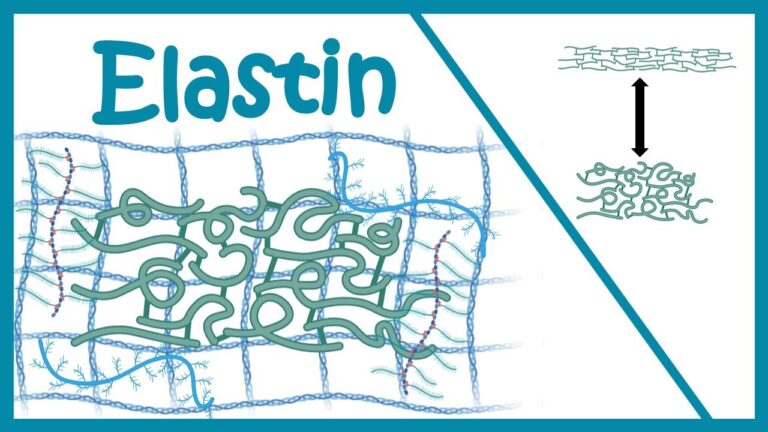Unlocking the Benefits and Dangers of Phosphate: A Comprehensive Guide
Phosphate is an essential component in many everyday products, from fertilizers to food additives. This versatile chemical compound plays a vital role in a wide array of industries, making it one of the most in-demand minerals on the planet. In this article, we will discuss the properties and uses of phosphate, as well as the environmental concerns surrounding its production.
What is Phosphate?
Phosphate is a naturally occurring mineral that is found in rocks, soils, and living organisms. It is composed of a phosphate ion and one or more hydroxide, carbonate, or fluorine ions. Phosphate is an important nutrient for plant growth and is a critical component in many biological processes. It is also used extensively in industry as a raw material for the production of fertilizers, detergents, and other chemicals.
Properties of Phosphate
Phosphate has a variety of chemical properties that make it useful for a wide range of applications. It is generally white or transparent and has a crystalline structure. Phosphate is soluble in water, and its solubility increases at higher temperatures. It is also reactive with many other chemicals, allowing it to be incorporated into a range of chemical compounds.
Uses of Phosphate
The primary use of phosphate is in the production of fertilizers. Phosphate fertilizers are used to increase the growth and yield of crops by providing essential nutrients to the soil. Other applications of phosphate include:
– Detergents: Phosphate is used as a water softener and a cleaning agent in many laundry detergents.
– Food additives: Phosphate is added to certain types of food to enhance their texture, improve their flavor, and extend their shelf life.
– Flame retardants: Phosphate compounds are used as flame retardants in a variety of products, including furniture foam and electronics.
– Water treatment: Phosphate is used to disinfect water and to prevent the growth of algae and other microorganisms in water systems.
Environmental Concerns
While phosphate is an important resource, its production can have a negative impact on the environment. One of the biggest concerns is the runoff of phosphates from agricultural fields into waterways. This can lead to the eutrophication of water bodies, which can result in harmful algal blooms and the death of fish and other aquatic life.
Another concern is the depletion of phosphate resources. While there are vast reserves of phosphate around the world, they are not distributed evenly, and some countries may face shortages in the future. The overuse of phosphate fertilizers can also lead to the depletion of nutrients in the soil.
The Bottom Line
Phosphate is a critical mineral that is used in a wide range of applications. While its production can have negative environmental impacts, it is essential for many industries and for the production of food. As with any resource, it is important to use phosphate responsibly and to minimize its impact on the environment. By doing so, we can ensure that this important resource remains available for future generations.
Most searched products:
The Ultimate Guide to Azealic Acid: Benefits, Uses, and Side Effects
Does Sephora Support Israel? Answering Your Questions
How Long Does Glycolic Acid Take to Show Results: Your Ultimate Guide
Discover the Benefits of The Ordinary Botox for Your Skin
The Ultimate Reviews of The Ordinary Peeling Solution
Deciem Edinburgh
Unveiling the Magic of Hyaluronic Acid: Benefits and Uses Explained
Unveiling the benefits of The Ordinary Buffe serum for healthier skin
10 Amazing Facts about Black Circles and their Meanings
10 Best Hair Tips and Tricks for Healthy and Beautiful Hair











